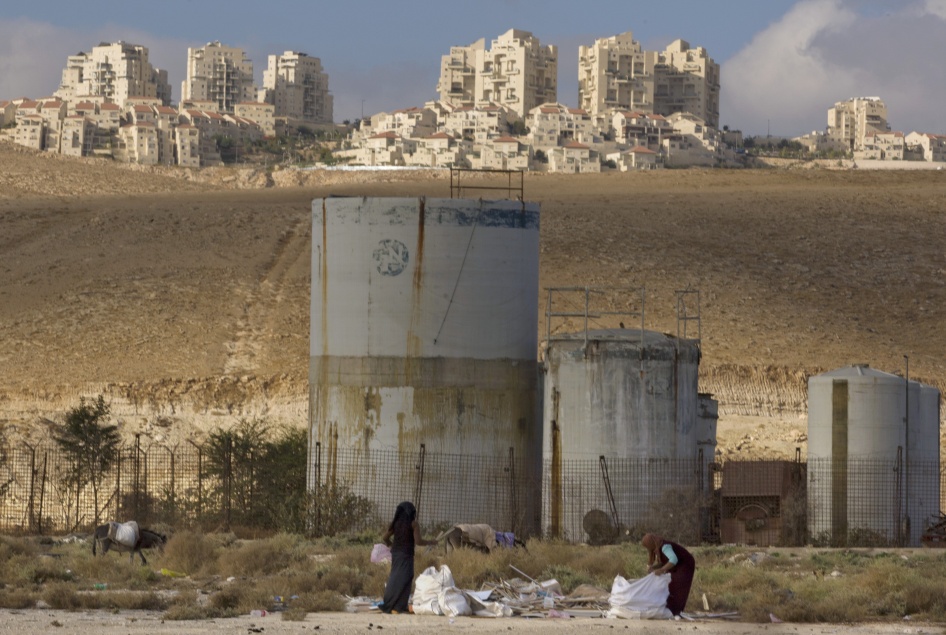The United Nations’ core human rights agency is mandated to produce a database, updated annually, of businesses involved in Israel’s unlawful policy of establishing Jewish settlements in the occupied West Bank, including East Jerusalem.
So far, this has been a political football, with some states like the United States rejecting the mandate and attempting to limit the agency’s resources, and the Office of the UN High Commissioner for Human Rights (OHCHR) dragging its feet. The database was first published in 2020 – four years after it was mandated – and revised once in 2023. On Monday, the OHCHR issued a new report on the database without adding or removing any businesses but weakly asking for more time “given delays in the recruitment of staff to implement the mandate.”
A recent International Court of Justice (ICJ) ruling, which found Israel’s presence in the West Bank is illegal, is a watershed development in international law and could give the database the importance it deserves.
Businesses should not enable, facilitate, or profit from serious violations of international law. What’s more, countries where businesses are located are obliged to prevent them behaving lawlessly and harming human rights at home or abroad.
Third states have their own obligations to prevent businesses making the violations in occupied Palestinian territory even worse. It’s in this connection that the July 19 ICJ opinion bolsters the importance of the UN’s mandate on settlement businesses.
Among the court’s findings are that Israel violates the prohibition on apartheid and racial segregation, that international law requires reparations to Palestinians including “the evacuation of all settlers from existing settlements,” and that third states should “prevent trade or investment relations” that help maintain the settlements.
Business involvement entrenches these illegal settlements. Sometimes it’s possible to mitigate human rights harms caused by business activities, but not in the occupied West Bank, where Israeli settlement policies are part of a systemic regime of repression that constitutes apartheid and persecution of Palestinians. The only solution for businesses is to stop doing business in the occupied territories.
The UN database could be a vital tool to assist states in upholding their obligations to end businesses’ complicity in the egregious rights violations that are inextricable from Israeli settlements. That means ending all trade and investment in West Bank settlements.
With Palestinians facing the worst ever levels of unlawful Israeli violence and displacement, continuing settlement construction, and land seizures, it’s urgent that states support and utilize the database to ensure their businesses are not pouring fuel on the fire.










